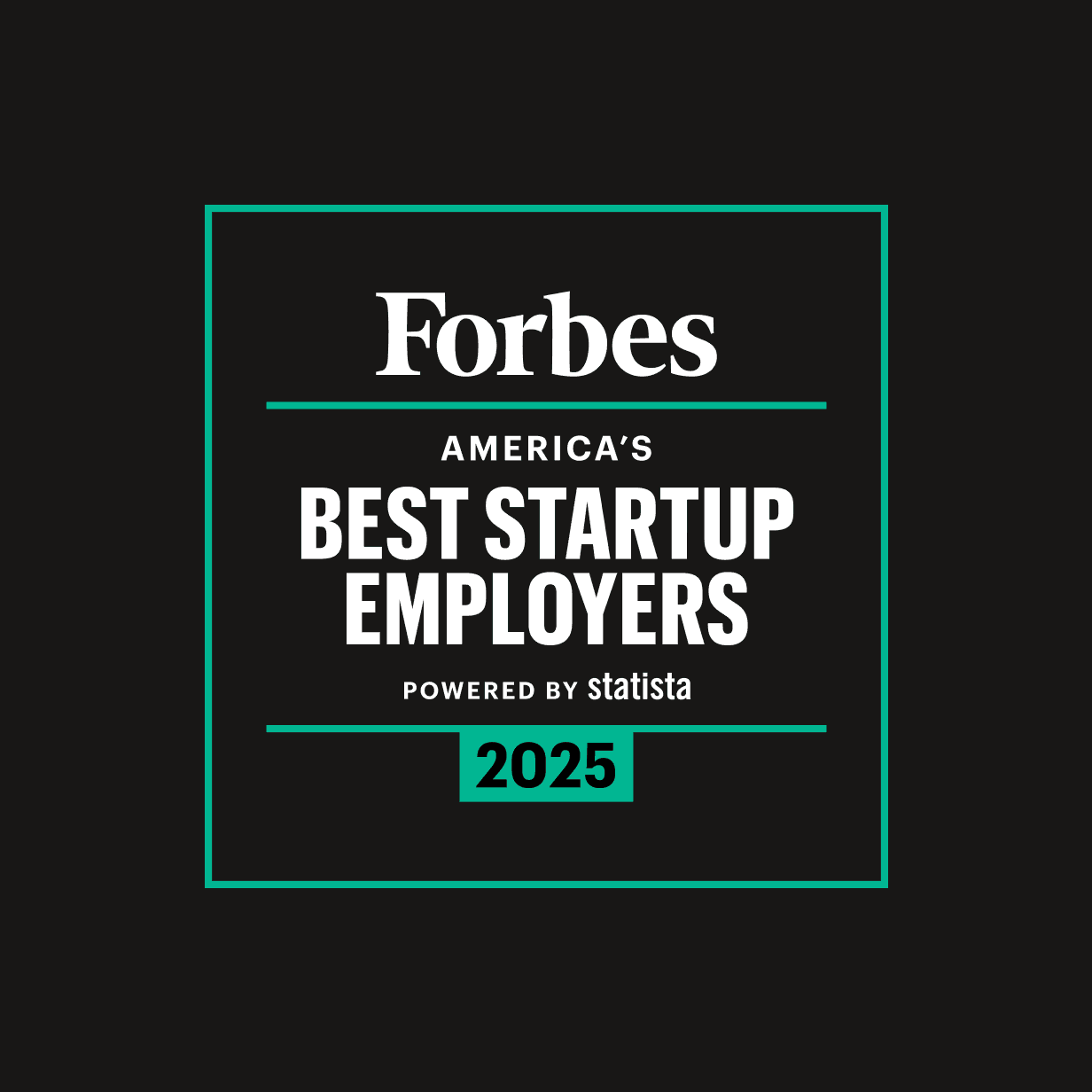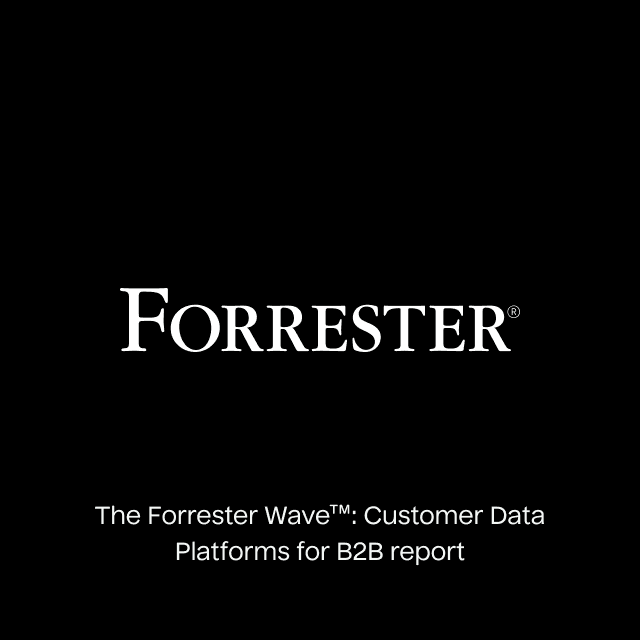Introduction
In today's digital landscape, customer data is a vital component of any successful organization. To create personalized omnichannel experiences and engage with target audiences, modern marketers must have the ability to manage and activate customer data at scale. While all-in-one Customer Data Platforms (CDPs) have historically been the go-to solution for marketing teams, these rigid, monolithic architectures often fall short of their promises, leaving data teams to pick up the pieces.
Fortunately, thanks to rapid innovation in the cloud data warehouse space, a new, more powerful solution has emerged. By integrating Hightouch, the leading Data Activation platform, with Google BigQuery, organizations can unlock a "Composable CDP". This modern, flexible, and secure CDP allows marketers to activate data directly from BigQuery to the tools they use every day, providing the powerful, purpose-built features marketing teams need to succeed.
In this blog post, we will explore the evolution of enterprise CDPs, break down the components of a Composable CDP and provide step-by-step guidance on how to get started with a Composable CDP powered by BigQuery. Whether you're struggling to begin on leveraging your first-party data or looking to take your current strategies to the next level, this post will provide you with the knowledge and tools needed to succeed.
The Evolution of CDPs
A Customer Data Platform (CDP) is an all-in-one data solution built specifically for marketing teams. CDPs create a store for customer data and offer a bundled activation layer to help marketers leverage their customer data in downstream tools like marketing automation platforms.
In general, CDPs offer the following three components:
- Data Ingestion: Most CDPs offer proprietary code you can run on your website/app to capture user events through an exposed API. These events can include anything from page views to signups and purchases etc.
- Data Modeling: One of CDPs' most significant value propositions is standard identity resolution modeling features to tie data from various data sources to a single customer profile.
- Data Activation: CDPs offer no-code audience builders to define audience segments. These audience segments can then be streamed from the CDP to various operational tools using fully managed connectors that integrate directly with third-party APIs.
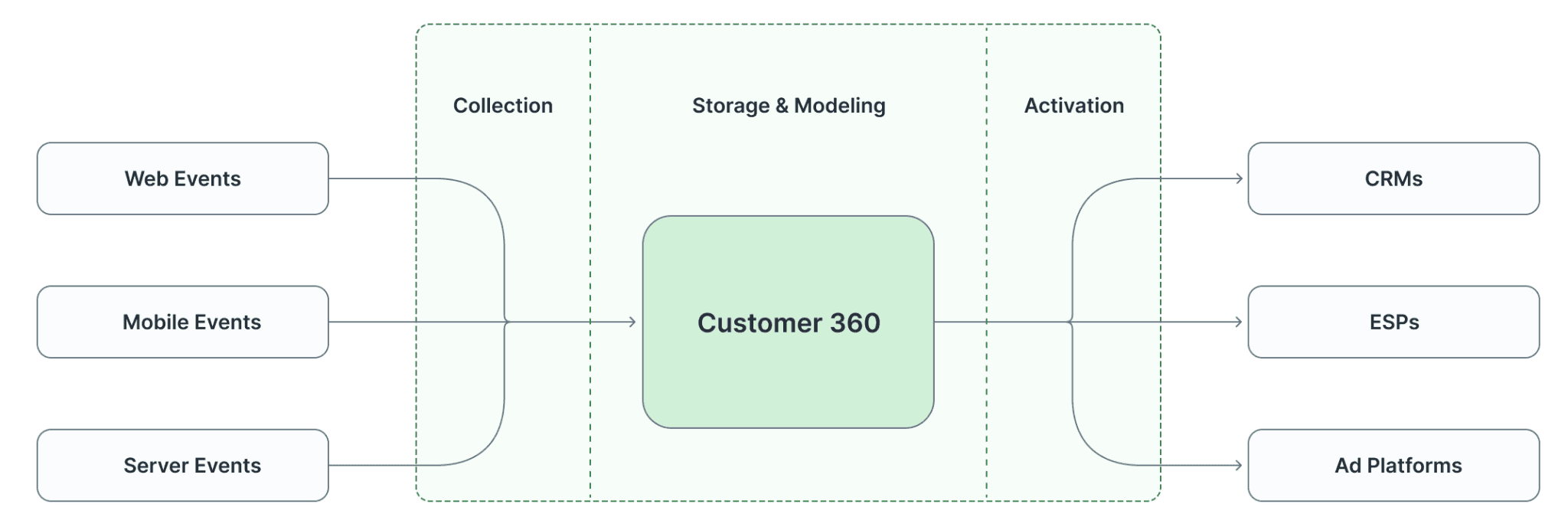
This bundled approach to managing customer data was logical in the early days as most companies had relatively immature use cases with few alternatives to solving their customer data problems. However, as use cases became more complex and organizations began investing more heavily in the cloud data warehouse, a new, more robust solution known as the Composable CDP has emerged.
Traditional CDP vs. Composable CDP: Which Fits Your Data Strategy?
Cut through the noise with our side-by-side guide. See exactly how traditional CDPs stack up against Composable CDPs across cost, speed, compliance, and flexibility.
- Faster time-to-value: Why Composable CDPs launch in weeks, not months
- Complete flexibility: Compare schema limits vs. support for any data model
- Better compliance: GDPR, CCPA, and HIPAA readiness at a glance
- Cost transparency: Bundled MTU pricing vs. unbundled features
- Built for scale: How Composable CDPs enable advanced personalization
Get the guide and decide if it’s time to modernize your CDP strategy.


The Adoption of the Cloud
As traditional, bundled CDPs rose in adoption within marketing teams, innovation in the cloud data warehouse space from leaders like BigQuery completely transformed the data landscape. Any adopting organization had immediate access to enterprise-level data infrastructure to efficiently store and compute vast amounts of customer data from a central store.
This centralization in the data warehouse caused a sudden realization that there were now two sources of truth for customer data: a fragmented and incomplete version available to marketing teams in the CDP and a more complete, 360-degree view of customers accessible by data teams in BigQuery.
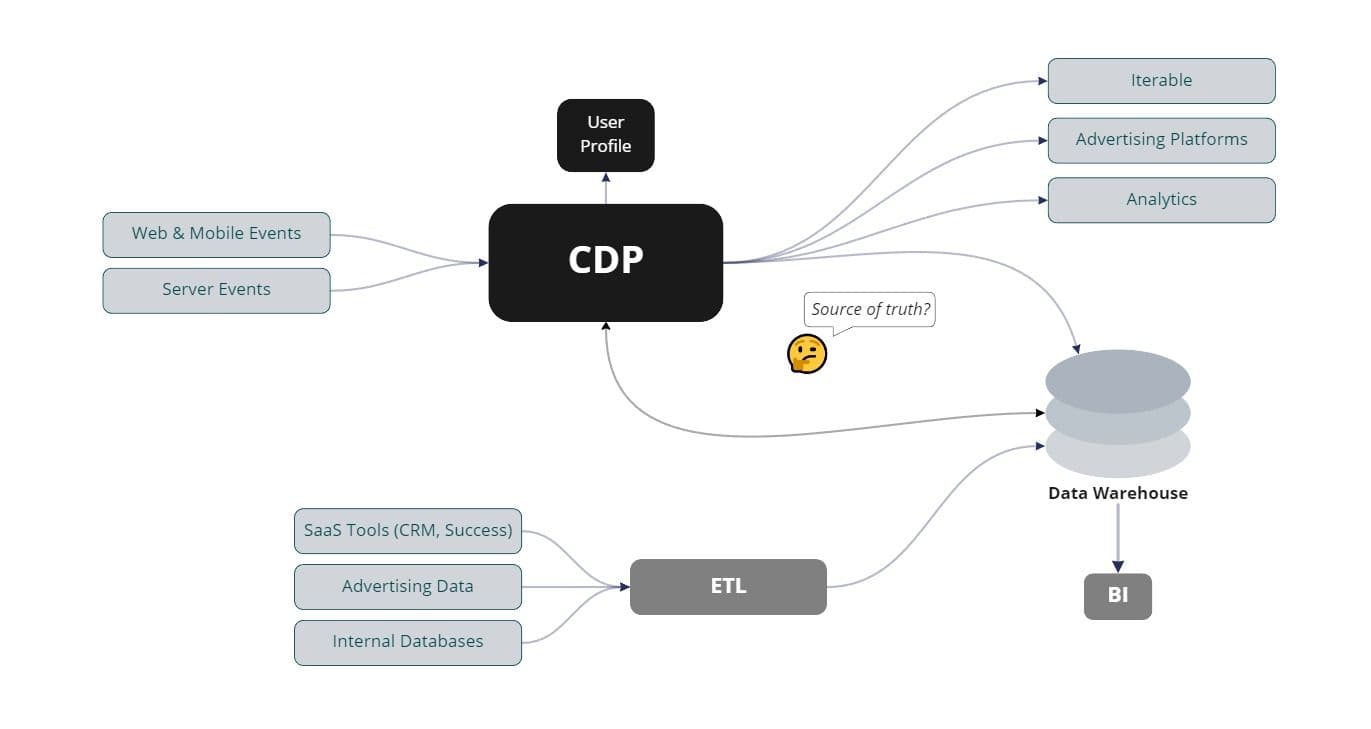
Rather than creating two separate data silos across data and marketing, organizations began leveraging Hightouch to activate customer data directly from BigQuery to downstream applications–and thus, the Composable CDP was born.
“CDPs try to do everything but aren't masters of anything. They are also black boxes with no observability. That's why we went with Hightouch and our data warehouse, which acts as an olive branch between data and marketing teams: letting marketers build audiences without an engineer.”

Darren Haken
Head of Engineering at Auto Trader
The Emergence of the Composable CDP
A Composable CDP has similar goals and outcomes as a traditional CDP. The core difference, however, lies in the underlying architecture. Rather than being bundled into a single, siloed product offering, a Composable CDP leverages your existing data infrastructure by activating data directly from cloud data warehouses like BigQuery.
By implementing Hightouch, marketing teams can activate customer data directly from BigQuery to any of their desired downstream applications. Doing so allows leveraging organizations to maximize the value of their existing Google Cloud Platform (GCP) investments while capitalizing on greater flexibility, enhanced security, and more powerful activation capabilities than they could achieve through a legacy CDP architecture.
With Customer Studio, Hightouch's suite of purpose-built marketer-first features, marketing teams are given the tools to explore, build and activate audiences leveraging all their data stored in BigQuery.
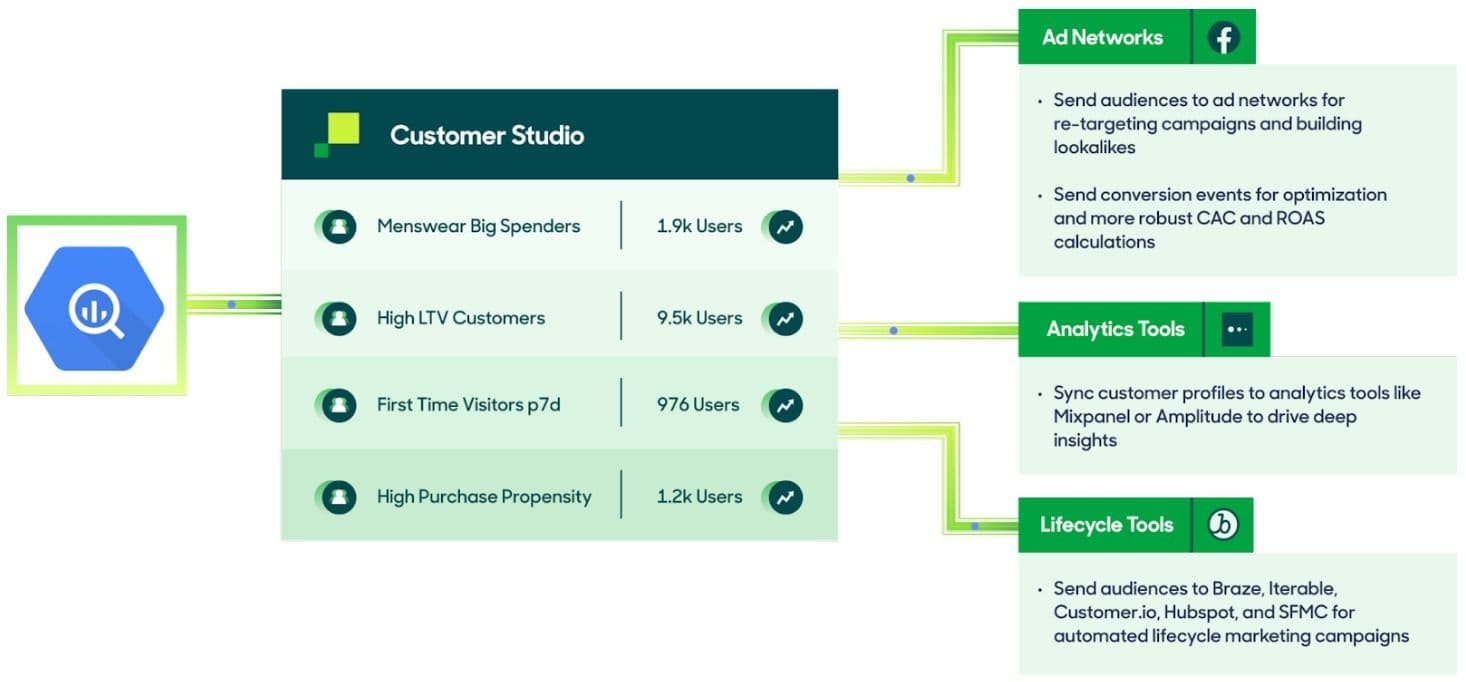
Customer Studio's audience builder opens the door for granular audience segmentation. Audiences are defined with a powerful, no-code builder before being activated directly from BigQuery to various marketing platforms like Salesforce, Iterable, Facebook, Google Ads, and more. Hightouch then automatically refreshes the audiences to ensure that every marketing channel is kept up to date.
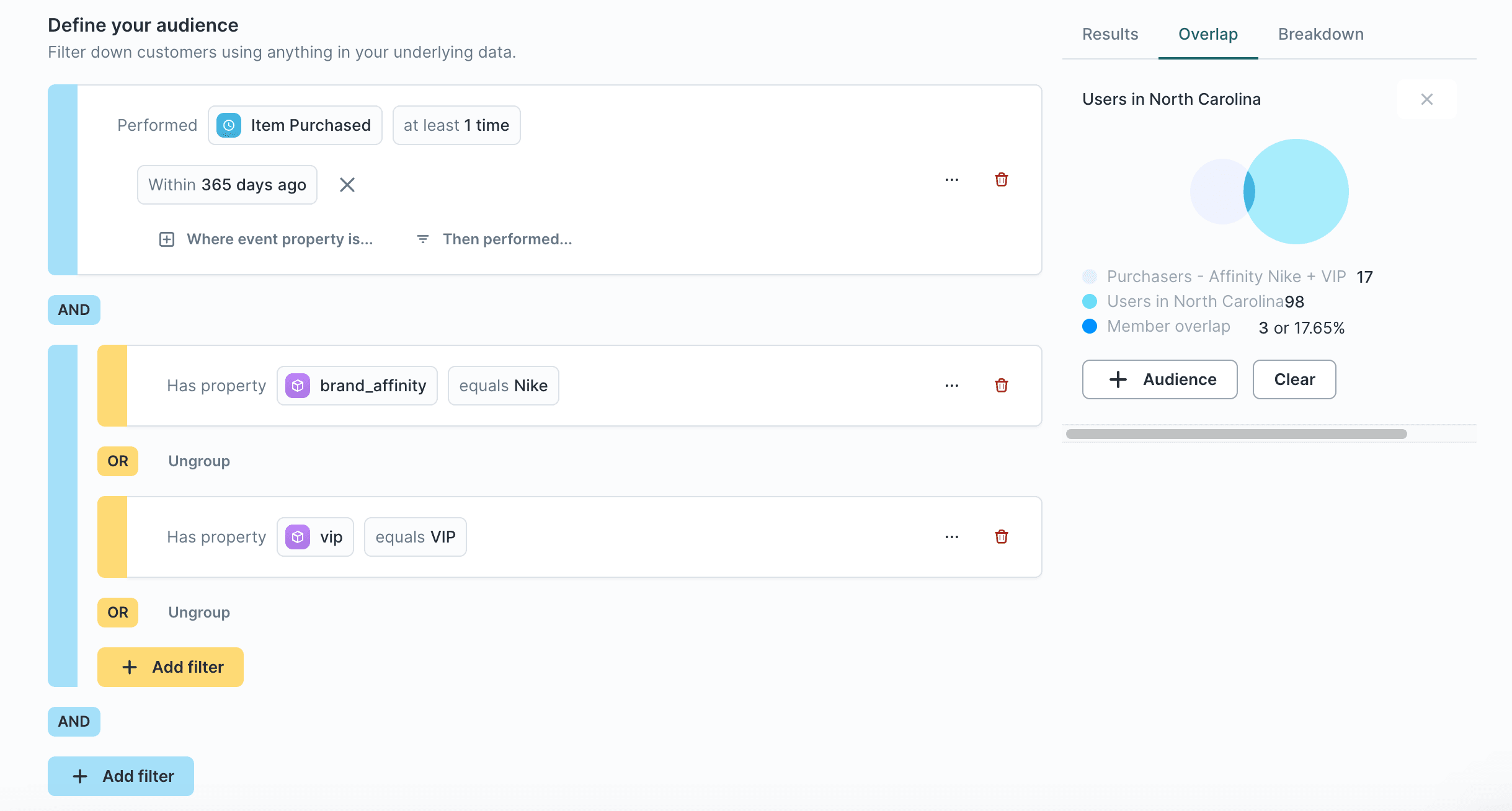
Advanced features like Splits, Priority Lists, and Traits unlock seamless management of omnichannel personalization and experimentation. For example, Splits enables marketing teams to manage end-to-end multivariate experiments like channel suppression tests. Users simply define the desired weighting of testing splits along with the platforms each should sync to. Once defined, Hightouch manages the distribution of users to each split, along with the syncing of each to the desired marketing destinations.
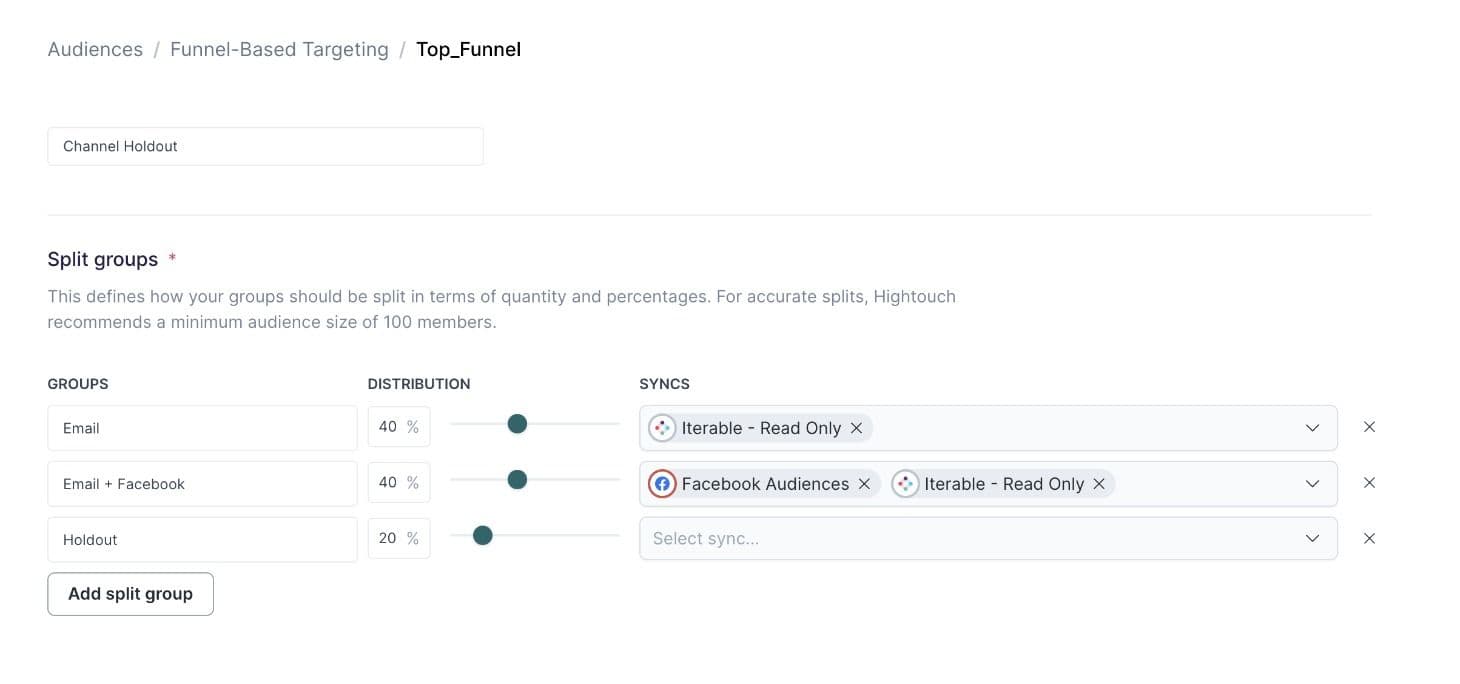
Benefits
With a Composable CDP, data teams can focus on customer data models in BigQuery, which are then made readily available for utilization across the organization. Taking advantage of this architecture comes with additional benefits over traditional CDP architectures.
- Flexibility: Traditional CDPs lock you into rigid data models which only support objects like users and accounts. With a Composable CDP built on BigQuery, you are unencumbered by this limitation because you can model your data in the way that makes the most sense to your business (e.g., workspaces, subscriptions, playlists, albums, etc.)
- Cost: Rather than being forced to pay for another tool to store your data (most commonly billed with CDPs via monthly tracked users or MTUs), teams pay to store their data once with a Composable CDP.
- Time-to-value: Traditional CDPs can take anywhere from six months to a year to implement - not accounting for the onboarding time to train your teams to use the tool. Adding an activation layer on top of BigQuery offers much faster implementation time (in minutes) because you're simply activating the data already in BigQuery.
- Consistent Metrics: Rather than maintaining two sources of truth (e.g., BigQuery and a CDP), the Composable CDP architecture enables teams across the organization to leverage a single data source for activation and analytics purposes.
- ROI: The Composable CDP allows leveraging organizations to maximize their existing data investments and establishes clear ownership between your data and marketing teams. Your data teams can own the modeling aspect, while your marketing teams can activate that data as they see fit in their favorite tools.
Building a Composable CDP on BigQuery
Turning your BigQuery instance into a CDP is surprisingly simple, with the proper components and tooling in place.
Data Ingestion
Behavioral data collection (like web or app engagement) is one of the most critical and complex components of implementing any CDP. Luckily, this is no longer the case with the latest edition of Google Analytics (GA4–an update from Universal Analytics). Because GA4 is a Google product, organizations can seamlessly capture behavioral data for analytics (within Google Analytics) before it is automatically ingested into BigQuery, where it is readily available. This is a huge upgrade from GA360 where GA4 focuses on event tracking compared to previous iterations of GA that focused on sessions and is the ideal format for a CDP.
To replicate non-event stream data from SaaS tools and databases across your organization into BigQuery, teams rely on ETL solutions like Fivetran. These ETL platforms offer hundreds of pre-built connectors and all the tools necessary to fully manage extracting, transforming, and loading data into BigQuery.
Data Modeling
With all data stored in BigQuery, database transformation tools like dbt make it seamless to clean up and model data into clean tables and views that marketing teams can utilize. With dbt's leading transformation solution, data teams get the tools needed to version, test, and document data models before deploying them to production with monitoring and visibility.
Data Activation
Data Activation is the final and most crucial component because it lets you sync your data directly to the frontline business tools it is needed in (e.g., Salesforce, Marketo, Facebook Ads, Braze, Iterable, etc.). And now, thanks to Hightouch's suite of marketer-first activation features, Customer Studio, anyone within an organization is enabled with the activation tools to do so.
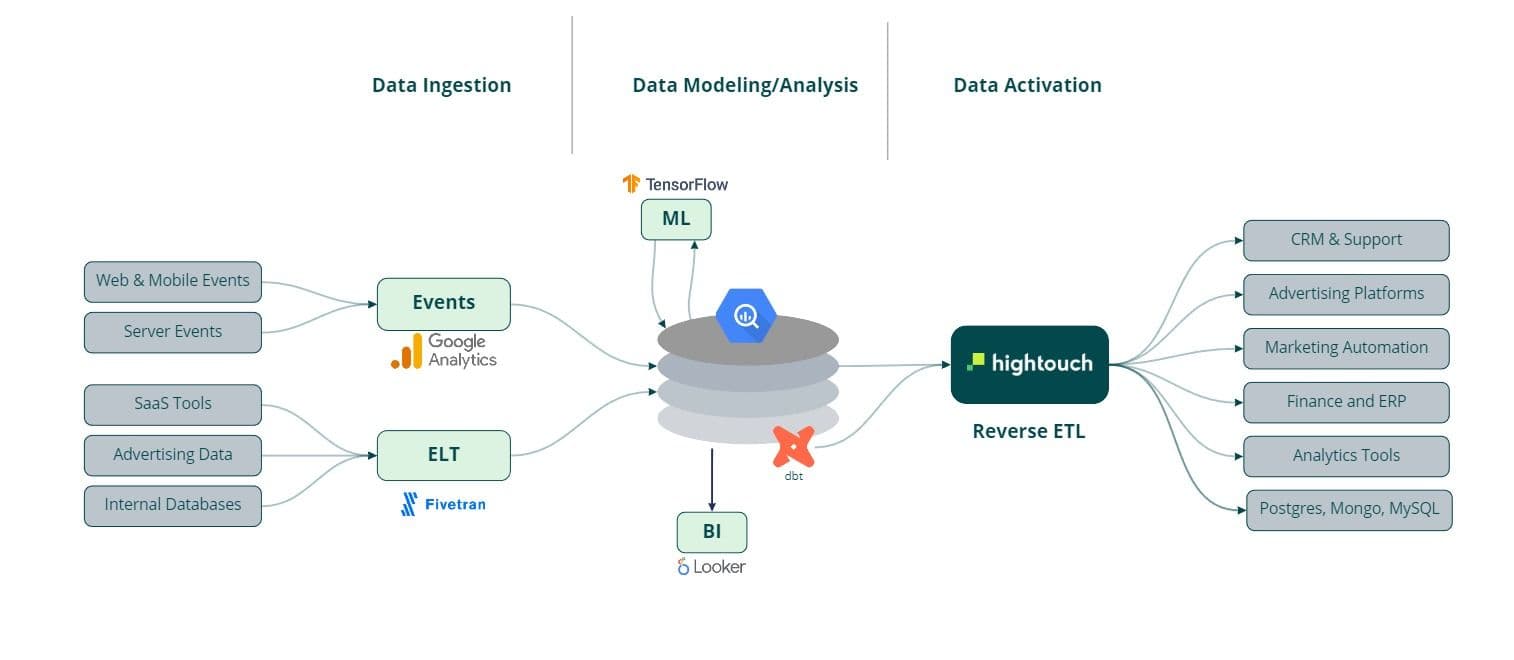
Case Studies
Leading companies realize that thanks to their existing data investments, it no longer makes sense to maintain a traditional CDP. As they come upon this realization, they are turning to Composable CDPs to drive their business forward.
Here are a few examples:
- PrestaShop, the open-source e-commerce platform, uses Hightouch and BigQuery to sync data directly to Zendesk, lowering time-to-resolution for support tickets by 33 percent.
- Chalhoub, one of the largest retailers in the Middle East, uses a Composable CDP approach to power all ad spend across Meta and Snapchat, reducing customer acquisition costs by 30%.
- Gorgias, the e-commerce helpdesk solution used by thousands of D2C brands, increased their match rates for paid media by nearly 2x, leading to a $2M increase in annual recurring revenue from paid acquisition channels.
Summary
The Composable CDP is the leading solution to capture, store, and activate customer data at scale. By activating data directly from BigQuery with Hightouch, organizations unlock a more performant, flexible, and secure CDP solution that enables everyone within an organization to capitalize on existing data investments and create exceptional customer experiences.
Getting Started
Are you interested in learning more about implementing BigQuery to get started on your composable CDP journey? Contact Eliot Arntz at arntz@google.com.
To get started with Hightouch, you can request a demo of Customer Studio, create your own workspace, or reach out to alec@hightouch.com.








